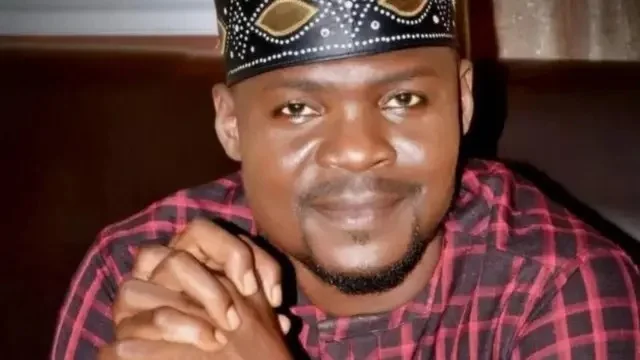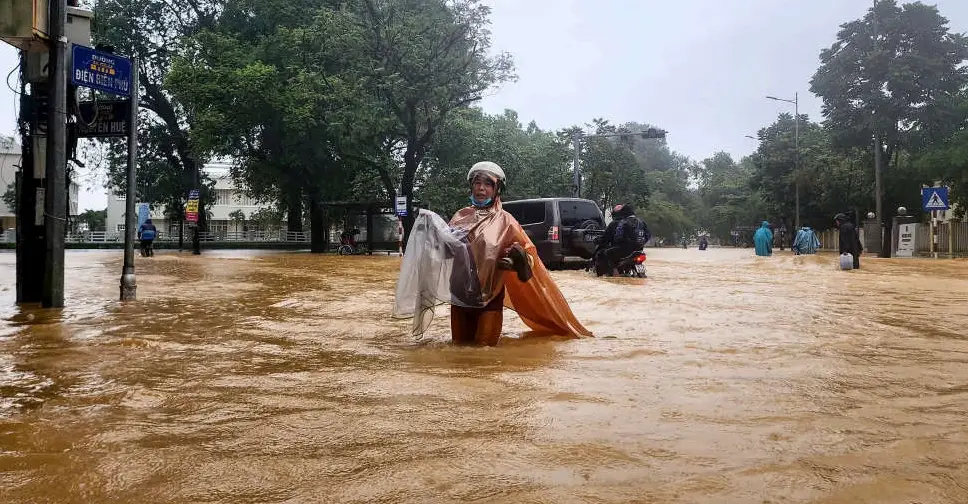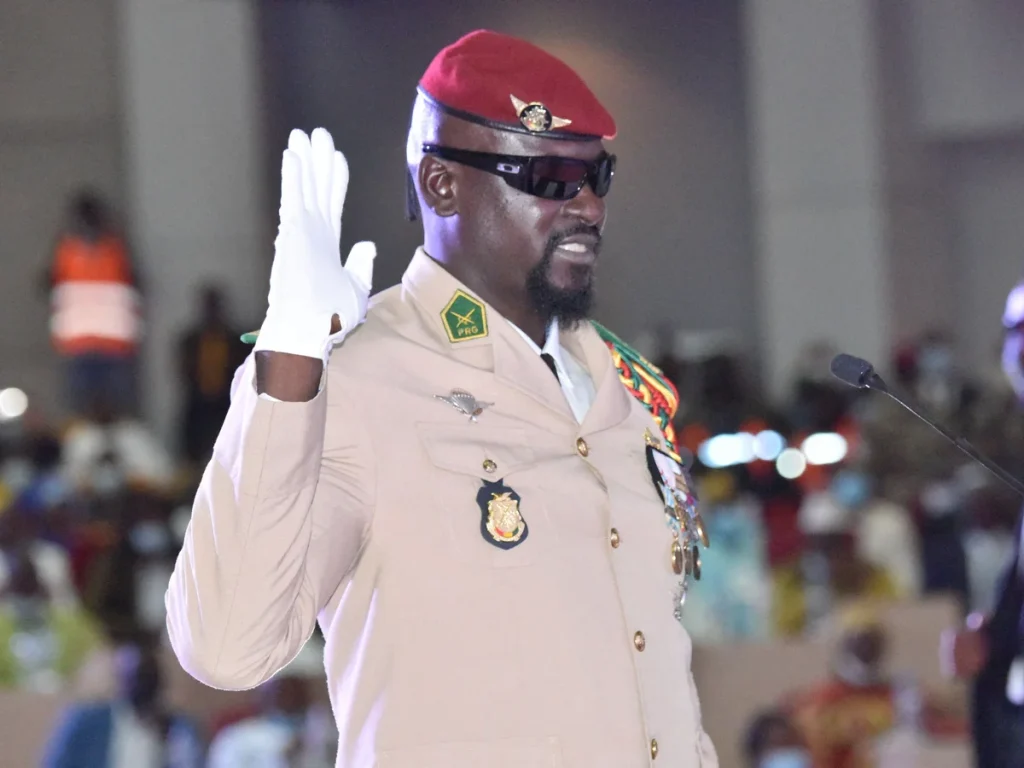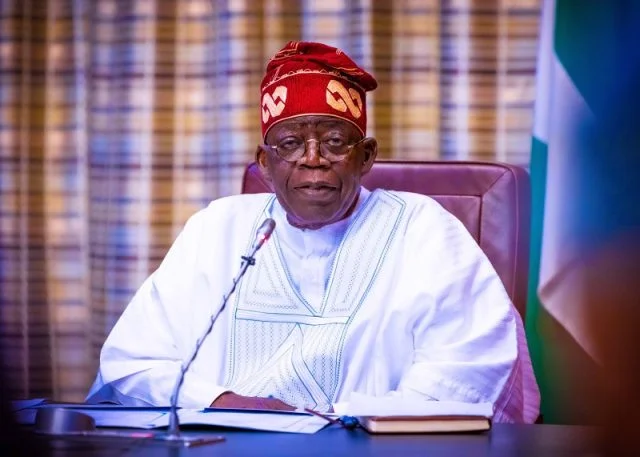On July 14, 2022, Yoruba comic actor Olanrewaju James, popularly known as Baba Ijesha, was sentenced to 16 years in prison by Justice Oluwatoyin Taiwo at the Ikeja Domestic Violence and Sexual Offences Court for sexually assaulting a 14-year-old minor, the foster daughter of comedienne Damilola Adekoya (Princess). The two-hour judgment found him guilty on four of six counts, including indecent treatment of a child, sexual assault, and attempted sexual assault, but acquitted him of sexual assault by penetration and attempted sexual assault by penetration due to insufficient evidence. The sentences, ranging from 3 to 7 years, were to run concurrently, effectively totaling 5 years. This marked a historic moment, as Baba Ijesha became the first Nigerian actor convicted of sexual assault, a “sad commentary” on the Nollywood industry, as noted by Vanguard News.
The Case and Its Origins
The case began in April 2021 when Princess accused Baba Ijesha of assaulting her foster daughter since she was seven years old. Following a report at Sabo Police Station, the case was transferred to the Gender Unit of the State CID, Panti, Yaba, Lagos. CCTV footage from Princess’s home, capturing Baba Ijesha’s actions, became pivotal evidence. He was arraigned on June 24, 2021, facing a six-count charge under the Lagos State Criminal Law 2015. Despite pleading “not guilty,” the prosecution presented six witnesses, including a forensic expert, to substantiate the allegations. Baba Ijesha broke down in tears after the verdict, insisting on his innocence, while colleagues like Yomi Fabiyi consoled him, affirming his right to appeal.
Industry Divide and Social Media War
The case sparked intense division within Nollywood. Actresses Iyabo Ojo and Nkechi Blessing vocally demanded Baba Ijesha’s arrest and conviction, with Ojo sharing videos condemning him and confronting supporters like Yomi Fabiyi. Fabiyi and Kehinde Adams (Lege Miami), however, urged caution, questioning the evidence and advocating for Baba Ijesha’s bail, citing his constitutional rights. This led to a heated social media feud, with Ojo and Fabiyi trading insults on Instagram, trending for days. Lege Miami accused Blessing of disrespect, prompting her to retaliate with verbal attacks. The Theatre Arts and Motion Pictures Practitioners Association of Nigeria (TAMPAN) briefly suspended Ojo and Blessing for “unprofessional conduct,” but lifted the ban after their apologies.
Colleagues’ Reactions to the Verdict
Post-conviction, Princess celebrated on Instagram, calling rape “evil” and stating, “God is not man,” while sharing a video dancing to a gospel song. Iyabo Ojo, a staunch supporter, hailed Princess as “Queen Mother,” writing, “To all the girl child and boy child being abused, never be afraid to speak up and speak out… This victory is for you. #saynotorape.” Yomi Fabiyi, despite his earlier defense, condemned indecent acts against children, stating, “I have never and will never support such. Children are meant to be protected.” He noted Baba Ijesha’s acquittal on two charges and supported his right to appeal, hoping he would “learn his lessons and turn a new leaf.” Fabiyi also called for accountability for parental negligence under the Child Rights Act.
Broader Implications
The conviction, widely covered by outlets like Vanguard News and Daily Trust, was seen as a deterrent for the entertainment industry, with hopes it would curb sexual misconduct. The case exposed Nollywood’s internal rifts, with Ojo later revealing her advocacy stemmed from personal experiences of abuse, amplifying her resolve to support victims. X posts reflected mixed sentiments, with some praising Ojo and Princess for their courage, while others criticized Fabiyi for defending Baba Ijesha. The trial’s outcome, reinforced by CCTV evidence and Baba Ijesha’s alleged confession (per BBC News Pidgin), underscored the importance of accountability and child protection in Nigeria’s creative industry.






